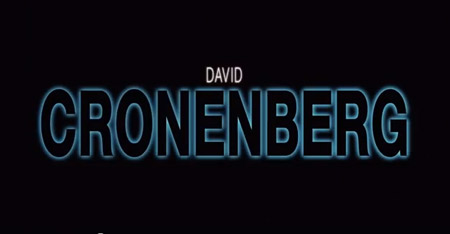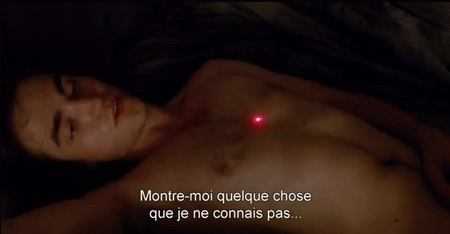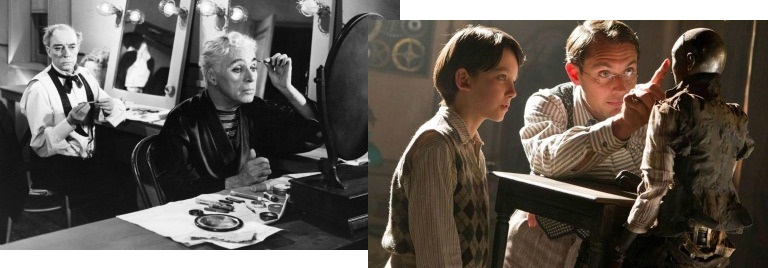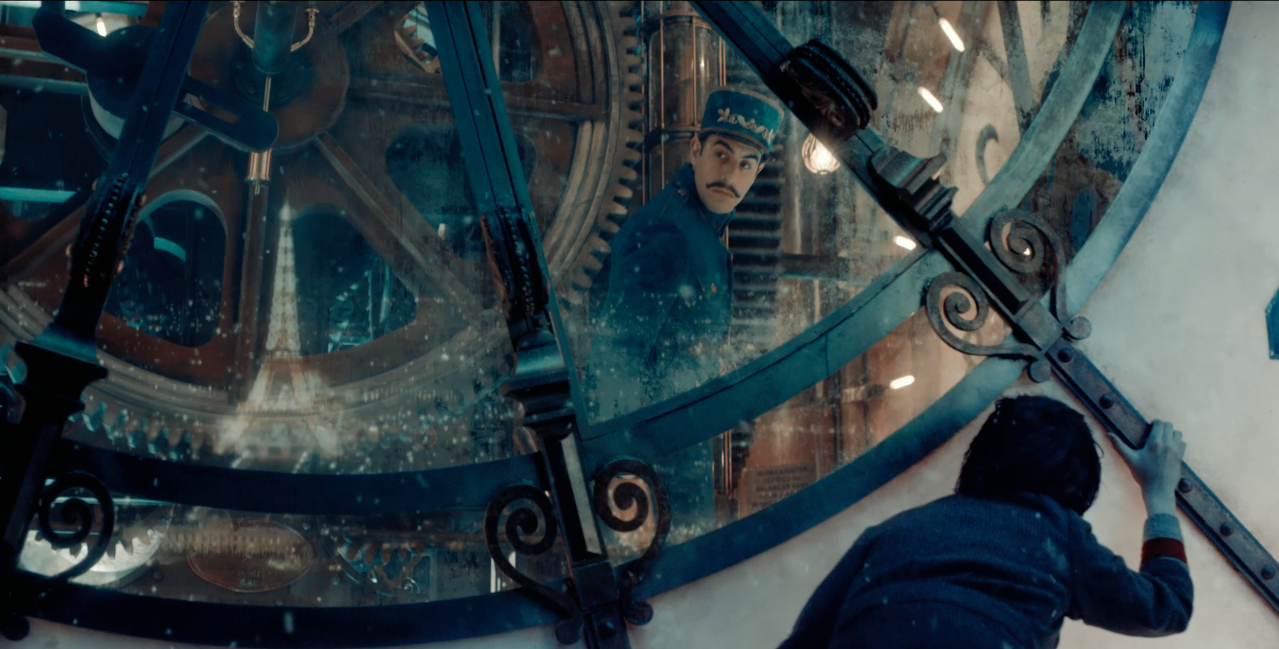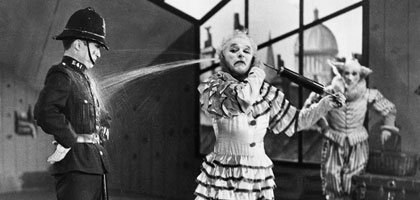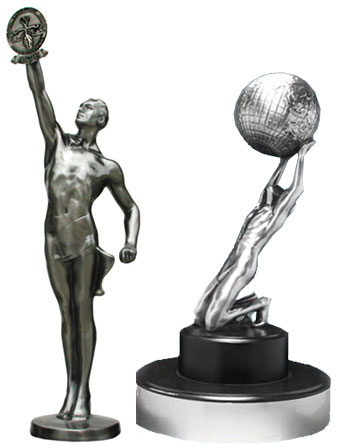 ACE and IMAGE statues. Why are trophies always nude men? Is Emmy the only girl among trophies?It's the last exhausting stretch of awards season and the mantles of everyone involved with The Help, The Descendants, and The Artist are about to collapse even before they take home their respective Oscars.
ACE and IMAGE statues. Why are trophies always nude men? Is Emmy the only girl among trophies?It's the last exhausting stretch of awards season and the mantles of everyone involved with The Help, The Descendants, and The Artist are about to collapse even before they take home their respective Oscars.
The ACE Awards which is short for American Cinema Editors has four film prizes each year for features and the winners this year were
Drama: The Descendants
Comedy: The Artist
Documentary: Freedom Riders*
Animation: Rango
* I mistakenly read this as Freedom Writers when I saw the release and momentarily panicked that the Hilary Swank teaching drama had resurfaced in non-fiction form. The Making Of... Now With More Swank.
The Drama winner at the Eddies generally goes on to win Best Picture, but this year may prove a semi rare exception since The Artist is expected to take home the Oscar. In the hoopla over The Artist being a silent film people keep forgetting that it's also a comedy and if it wins, we have our first comedy winner since Chicago (2002). They're all too rare on the big night.
It's also worth noting that Patton Oswalt hosted the ACE Eddie Awards, his third awards hosting gig of the season. This Just In (Inside My Head): Patton Oswalt To Host The 13th Annual Film Bitch Awards in January 2013! (Well, he does says "yes" a lot. Maybe I should ask?)
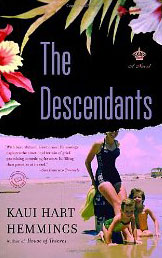 USC Scripter goes to an adapted screenplay and the book it rode in on each year and The Descendants won for what we assume was arduous carpel tunnel syndrome-laden man hours of copying and pasting the book's prose into onscreen voiceover. Yeesh. (I'm tired. I don't like The Descendants. Forgive me. Soon we'll be able to move on.) I'd feel worse for Moneyball, a far more graceful screenplay, if Aaron Sorkin hadn't just had a big year with The Social Network.
USC Scripter goes to an adapted screenplay and the book it rode in on each year and The Descendants won for what we assume was arduous carpel tunnel syndrome-laden man hours of copying and pasting the book's prose into onscreen voiceover. Yeesh. (I'm tired. I don't like The Descendants. Forgive me. Soon we'll be able to move on.) I'd feel worse for Moneyball, a far more graceful screenplay, if Aaron Sorkin hadn't just had a big year with The Social Network.
NAACP Image Awards were almost certain to fall in The Help's win column given its blockbuster status. But it was interesting to see it happen so soon after watching Best Actress and Best Supporting Actress winners Viola Davis and Octavia Spencer have it out with Tavis Smiley about trophies going to black women playing maids in 2011. [Rant: When this Oscar season is over I think we need to have a long discussion in this country about class rather than race for a change. There is absolutely nothing wrong with being a maid. It's honest legal work and why should someone feel ashamed about having a job and doing it? Maybe it's because I used to work in the hotel industry and knew a lot of people who struggled with people looking down on them because of the job they performed. These conversations about The Help feel very tone deaf to one particular fact: there are actual maids in the world and there always will be. These conversations always seem to be saying 'oh god. could there be anything more demeaning than being a maid?' and I'm just not sure how cleaning people's houses or hotel rooms is horrible work you should feel ashamed of but you know, it's fine if you're a white collar person destroying entire swaths of people's livelihoods with shady business practices or pension-fund robbing or lobbying the government for horribly unfair tax codes. I really wish we could over the deeply embedded notion that you're somehow a better person if you have money. The actual quality of a person's character has zero to do with the amount of dollars on their paycheck. The only thing a lot of dollars on the paycheck does, in terms of character, is make it more visible. You can do a lot of evil or a lot of good in the world when you have money but the money itself isn't the determining factor on which you'll choose. /Rant]
Ahem. Sorry. Had to get that off my chest. Speaking of...
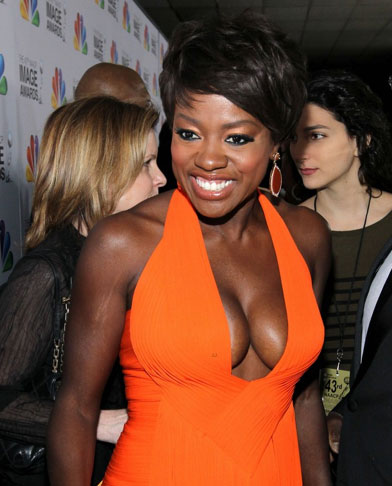
Damn, Viola! She's proud of hers, apparently.
So... The Help took Best Picture. Off the Oscar track, Pariah won best independent movie and Angelina Jolie's In the Land of Blood and Honey won best foreign film. Laz Alonso and Mike Epps took home the actor prizes for the wedding drama Jumping the Broom which also won Best Director. LL Cool J and Regina King won the top TV acting honors for their procedurals, one of those NCIS's and Southland respectively.
 Sunday, March 25, 2012 at 5:28PM
Sunday, March 25, 2012 at 5:28PM 